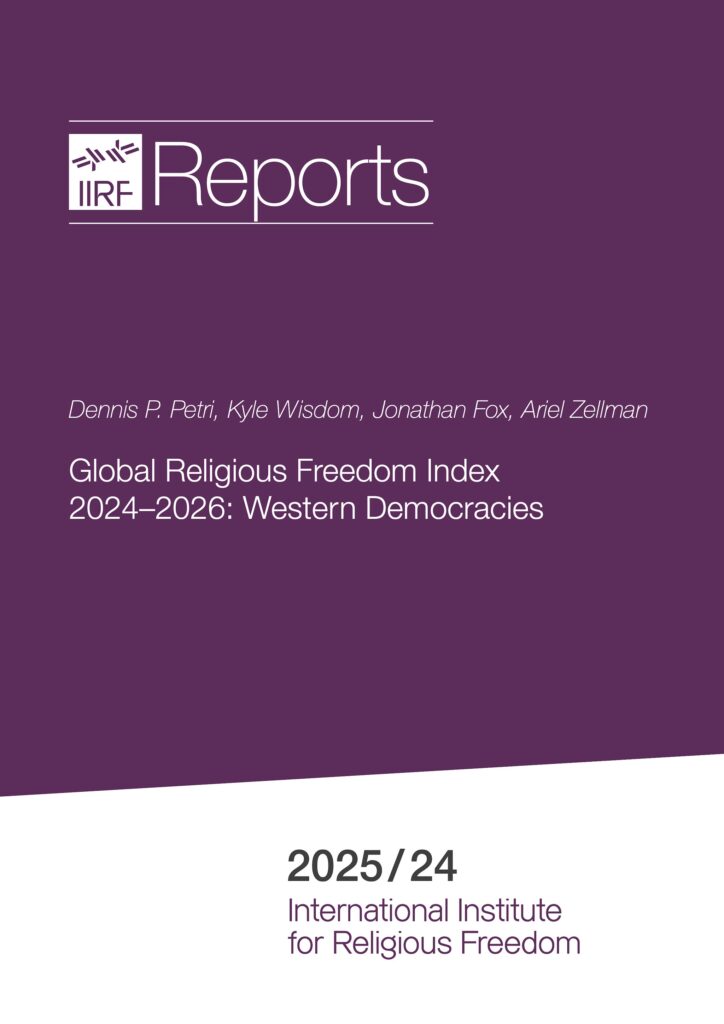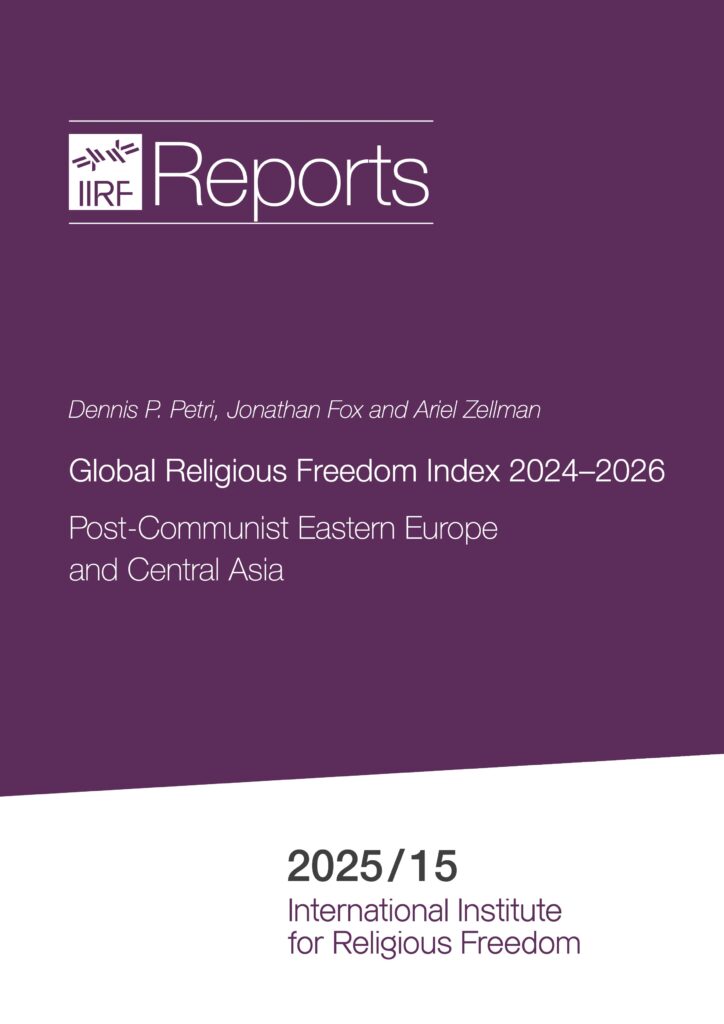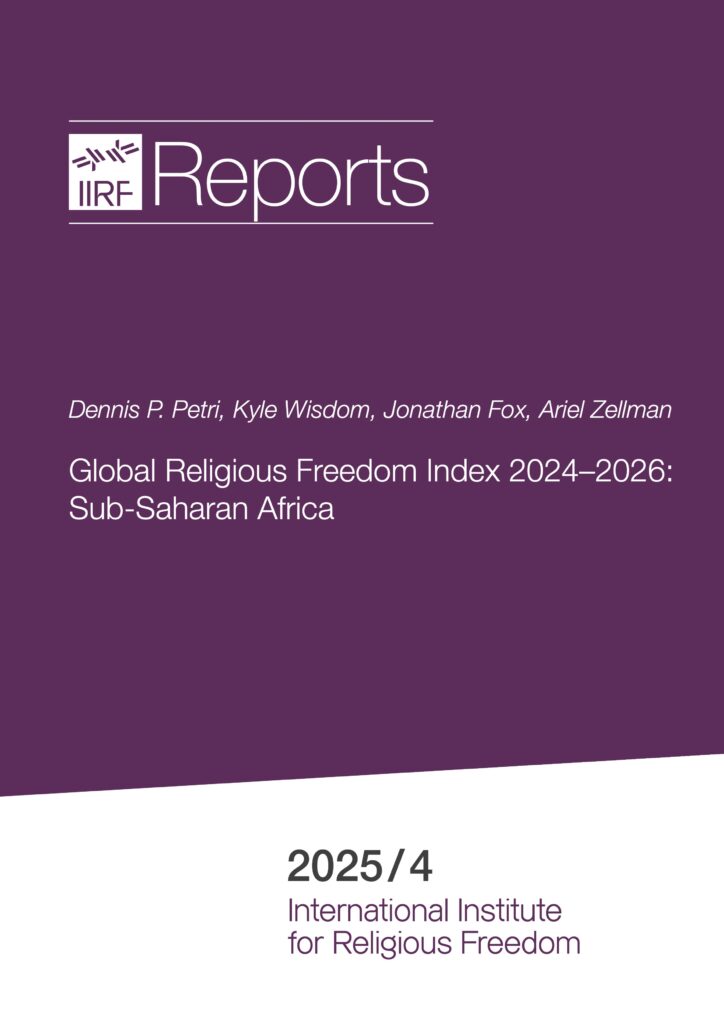The Global Religious Freedom Index is an initiative of the International Institute for Religious Freedom. It draws on data from the Religion and State round 4 (RAS) Project directed by Prof. Jonathan Fox and Dr. Ariel Zellman at Bar-Ilan University (Israel).
The RAS Project has been used in over 250 peer-reviewed publications including books, academic articles, doctoral dissertations and MA theses and is the most used database on religious freedom and religion-state relations in academic writings. However, it has not as of yet had a significant footprint in advocacy and policy circles. Its advantages over current data used for advocacy and policy is that it is far more accurate and detailed. RAS has established methods to collect this data using a wider array of sources than any other project. It is also the only academic (or non-academic) project that can provide cross-country standardized data on discrimination against religious minorities. Unlike other projects which give a general country score or focus on a single religious minority (e.g. Christians), the RAS scores minorities in each country separately and includes all minorities which are a minimum of 0.2 % of a country’s population, as well as Jews, Muslim and Christian minorities that are smaller than 0.2 % but at least several hundred people. Round 3 of RAS included 771 such minorities in 183 countries and territories. Round 4 is adding more minorities primarily by providing more fine-tuned distinctions between different denominations of Christians and identifying small minorities missed previously. For example, in Sub-Sharan Africa the number of minorities included individually increased from 160 to 243. Minorities too small to be included for minority-level codings are still included in the country-level codings.
The most recent RAS round 4 (RAS4) data covers 1990 to 2023, with each year measured separately to track changes over time. It describes government involvement in religion through 171 variables describing Official Religion, Religious Support, Religious Restrictions, Religious Discrimination, as well as other topics. Additional variables measure specific religious policies including religious education, the registration of religious organizations, restrictions on abortion, restrictions on proselytizing, and religious requirements for holding public office or citizenship. RAS also measures 34 ways in which societal actors restrict or attack religious minorities including economic discrimination, property crimes, and violence, among other types of discrimination (Fox, Finke & Mataic, 2018). [A full list of the variables is available at https://ras.thearda.com.]
Even though the RAS Project collects data on the intersection between religion and politics broadly, when analyzed together, its indicators can be taken to describe many of the dimensions of religious freedom.



